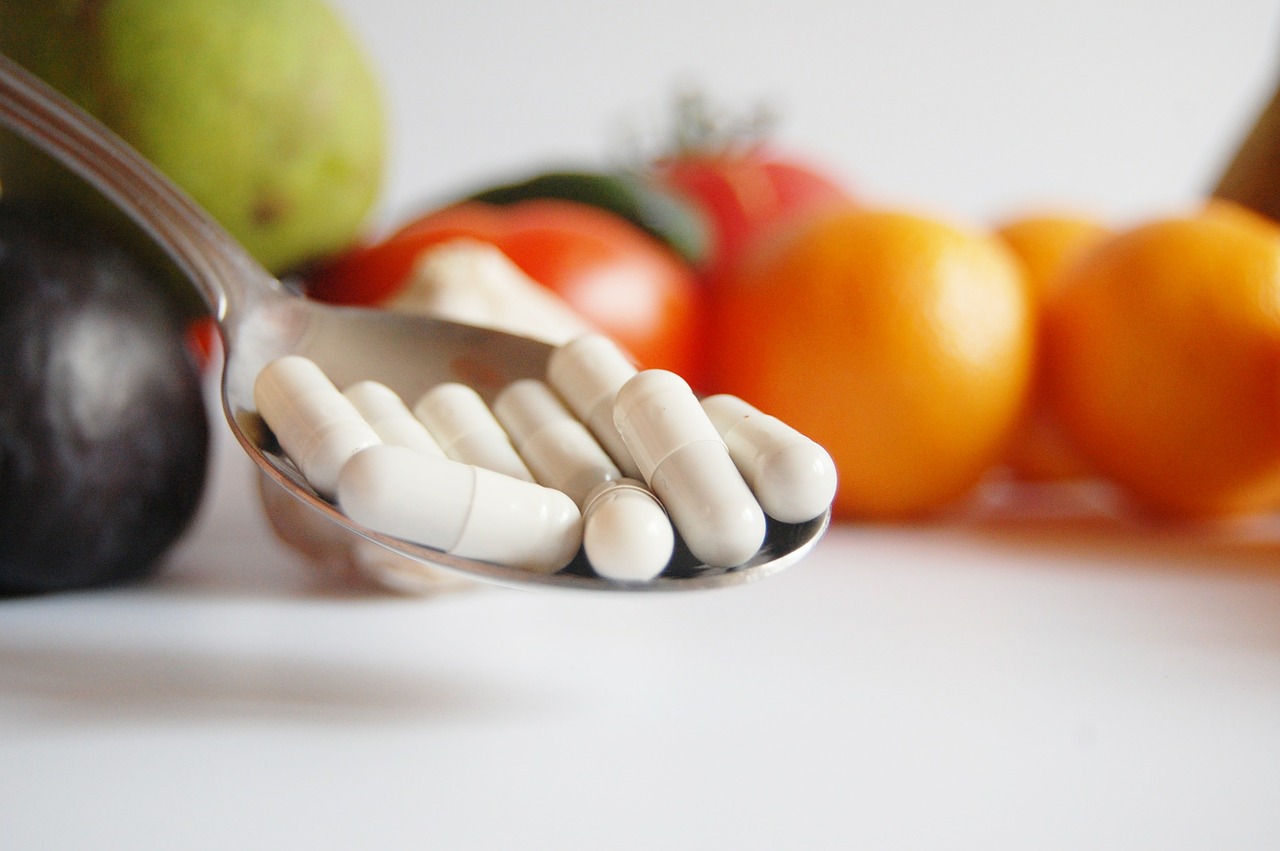In April 2020 researchers from the UK published their review of the medical scientific literature to assess the effect of iodine supplementation in mildly-to-moderately deficient pregnant women on maternal and … Read more
The current intra-Union trade reference level for perchlorate in spinach of 0.2 mg/kg, as advocated by the European Commission, may not be sufficient to protect individuals with a high spinach consumption against possible health risks
In April 2018 researchers from Austria published the results of their study to assess dietary perchlorate exposure of the Austrian population for adults, children and infants. In addition, a risk … Read more
Cooking does not consistently reduce the levels of per-and poly-fluoroalkyl substances found in seafood and cannot diminish dietary exposure
In May 2019 researchers from Australia published the results of their study to assess whether different cooking methods can potentially change the levels of per-and poly-fluoroalkyl substances found in seafood. … Read more
Bisphenol A levels during pregnancy appear to be associated with a lower TSH level in women who are overweight
In January 2020 researchers from China and Japan published the results of their study to assess whether bisphenol A exposure during pregnancy is associated with thyroid hormone levels in Chinese … Read more
Flame retardant chemicals may increase the risk of thyroid abnormalities as well as cancers for which thyroid impairment has an impact on risk or prognosis
In January 2017 researchers from the USA published their review on human flame retardant chemical exposure, including concerns for thyroid abnormalities and cancer risk. Polybrominated diphenyl ethers have been in … Read more
Iodine fortification of foods other than salt to prevent iodine deficiency disorders is uncertain although iodine levels are seen to significantly increase
In February 2019 researchers from Australia published their review of the medical scientific literature to assess the effect of fortifying foods, beverages, condiments, or seasonings with iodine alone or in … Read more
In individuals with Graves’ disease, high-dose vitamin D supplementation appears to significantly reduce systolic blood pressure levels measured in the office whereas the 24-hour measurements are unaffected
In July 2019 researchers from Denmark published the results of their study to assess the effect of vitamin D supplementation on pulse wave velocity and blood pressure in individuals with … Read more
Mobile phone use, or being within the range of the mobile phone from 450 to 3800 MHz, may adversely affect thyroid cells and hormones
In May 2019 researchers from Iran published their review of the medical scientific literature to assess the effect of mobile phone use, or being within the range of the mobile … Read more
Cow’s milk is an important source of iodine for women of childbearing age
In March 2018 researchers from the UK and Germany published the results of their study to assess the effect of increased cow’s milk consumption on iodine status, thyroid hormone levels, … Read more
Perchlorate
Perchorlate, in large amounts, has the ability to interfere with thyroid function as it interferes with iodine uptake, and individuals exposed to excessive amounts of perchlorate for a long time … Read more
Iodine
The human body needs iodine to make the thyroid hormone. This hormone is critically important during foetal development, infancy, and childhood, for the brain and nervous system to develop normally. … Read more
Vitamin D supplementation may protect against cardiovascular disease by improving risk factors, including high blood pressure, elevated parathyroid hormone, dyslipidaemia, and inflammation
In July 2018 researchers from Canada published their review of the medical scientific literature to assess the effect of vitamin D supplementation on cardiovascular disease risk factors. A total of … Read more
Long-term exposure to polycyclic aromatic hydrocarbons may result in thyroid function impairment
In January 2018 researchers from Iran published the results of their study to assess the association of urinary levels of polycyclic aromatic hydrocarbons with thyroid function in children and adolescents. … Read more
Polybrominated diphenyl ether
Polybrominated diphenyl ethers or PBDEs, are compounds used as flame retardants and are added to plastics, polyurethane foam, textiles, and electronic equipment to reduce the likelihood of ignition and to … Read more
Polycyclic aromatic hydrocarbons
Polycyclic aromatic hydrocarbons (PAH) are a group of chemicals released from burning coal, oil, rubbish, tobacco and wood. They are also present in products made from fossil fuels, such as … Read more















